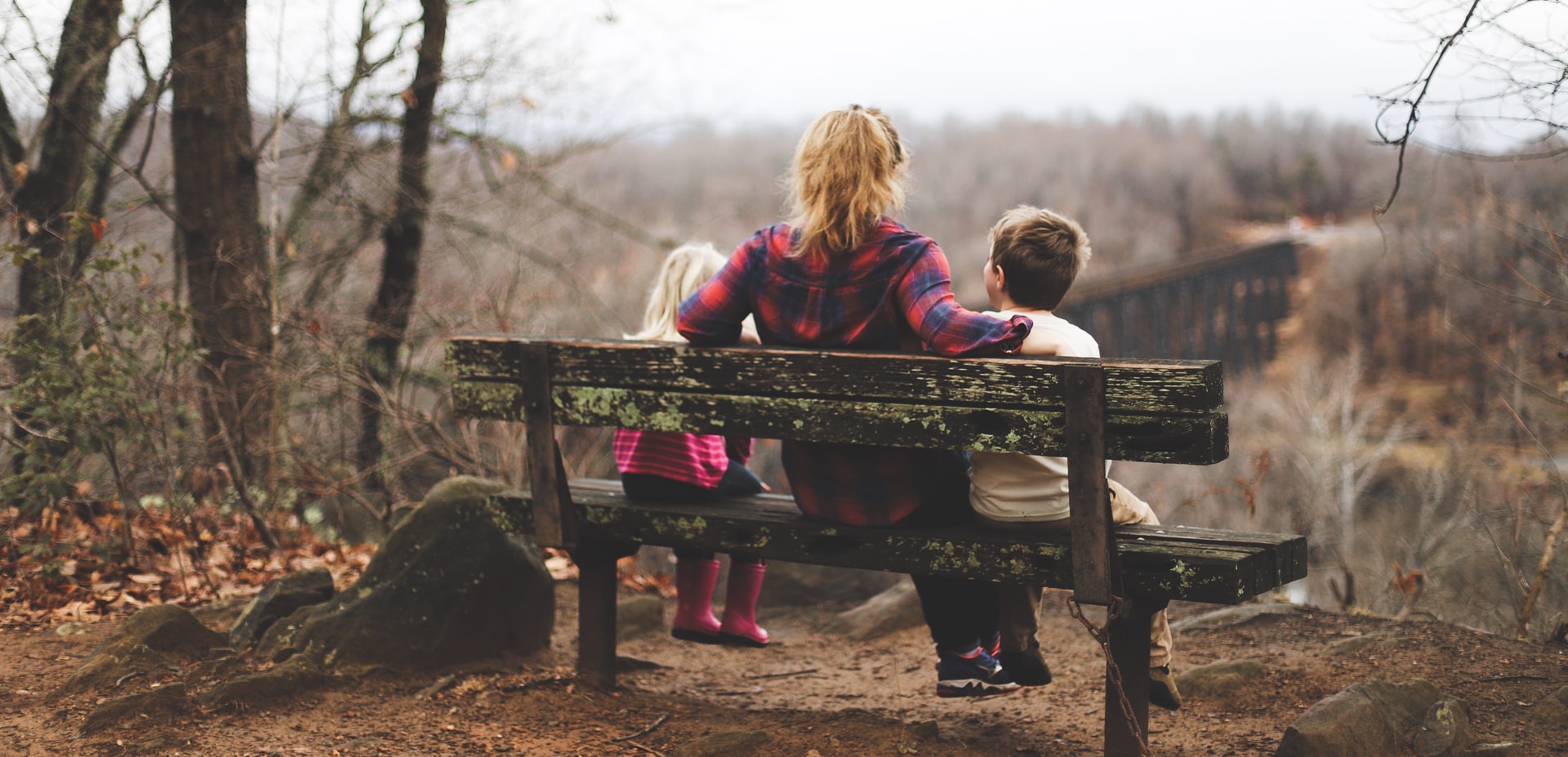
Death is an integral part of every life, but still not many of us can talk about it openly, especially with children. Unfortunately, one day it will be necessary and you should be ready for it.
Every child, regardless of age, has certainly already come into contact with death in one way or another, even if no one close to them has died. For example, they have seen dead insects, lost a pet, heard about death from other children and adults, read in books, or seen in cartoons and movies. We cannot protect them from this, but we can help them understand by talking to them. From a psychological point of view, such a conversation is not only about a specific death, but also about something much bigger – loss, the end of existence, the transience of everything, goodbye and sadness. And all this is, after all, an integral part of life.
The general opinion of child psychologists on this topic is that it is not worth starting this conversation by force simply for educational purposes, that is: “Today we will talk about death…”. Instead, you can use certain situations, if the child himself has expressed interest. If not, it is a good idea to carefully ask a suggestive question and gauge the toddler’s reaction. Appropriate times to start the conversation:
Things and processes need to be called by their names because children perceive information from their parents in literal words. The younger the child, the more careful parents need to be with innocent jokes and words that can be interpreted in different ways.
Between the ages of 3 and 5, children have a very limited understanding of death. To help them understand it, it is important to remember to speak directly and honestly, without avoiding important and perhaps the most painful information, without euphemisms and incomprehensible generalities. When explaining the concept of death, avoid using words like “fall asleep” and “pass away.” If you tell your child that Grandpa fell asleep, the toddler may begin to fear sleep. Likewise, if you tell him that grandpa has passed away. Your child will be waiting for him to come back and will become anxious when other family members take a real trip.
Death is natural. Don’t treat it as something bad or wrong. It affects every living being. Make your child aware that it is an inseparable part of existence and should not be feared.
Death is irreversible. Grandma, grandpa, uncle, aunt, dog or fish – they will not come back. Don’t give your child hope that he or she will see the person or pet they lost again. Make him or her aware that this is goodbye forever and help him or her get used to the new state of affairs.
Death is sad. Don’t pretend that nothing happened. Explain how you yourself feel and show your child that sadness, grief, and even anger are understandable in this case. Help them express their feelings and say goodbye to their loved one. Don’t tell your toddler that your loved one is in a better place. For a child, such a concept can be quite incomprehensible, because what place can be better without him?
Death is inevitable. None of us are immortal and it is important to understand this. Don’t promise your child that you, they or their loved ones will never die. This is a promise that you cannot keep and if something happens, the toddler will experience it more and may lose trust in you. This is one of the most common mistakes parents make.
Death leaves a void. Feelings of loss and longing are natural and you can’t change that. Instead, you can show your child how to fill that void in his or her heart, such as remembering the best times with your loved one or wearing a memento of your loved one. Explain to your child that an extension of each deceased person are the loved ones who remember them.
Death is unpredictable. No one knows how long they will live, so if your child asks when you will die, don’t make it up. If you are “wrong” in your prediction, you will do more harm to the toddler because he will not expect it.
Try to conduct such conversations in close physical contact: embrace the child, stroke, touch, hold his hand or on your lap. The younger the child, the more important this point is. In your arms the child will feel safer and the fear will be less. If you don’t know the answer to a question, say you don’t know, you’re not sure, you need time to think. This is better than making things up and lying.
As with other important conversations, here too it is advisable not to do it on the run and crudely. Ensure a calm atmosphere and carve out plenty of time for your children to ask all the questions and react to the answers. Also be prepared for the fact that one conversation is not enough, and the child will return to the topic several times.
Main photo: Benjamin Manley/unsplash.com